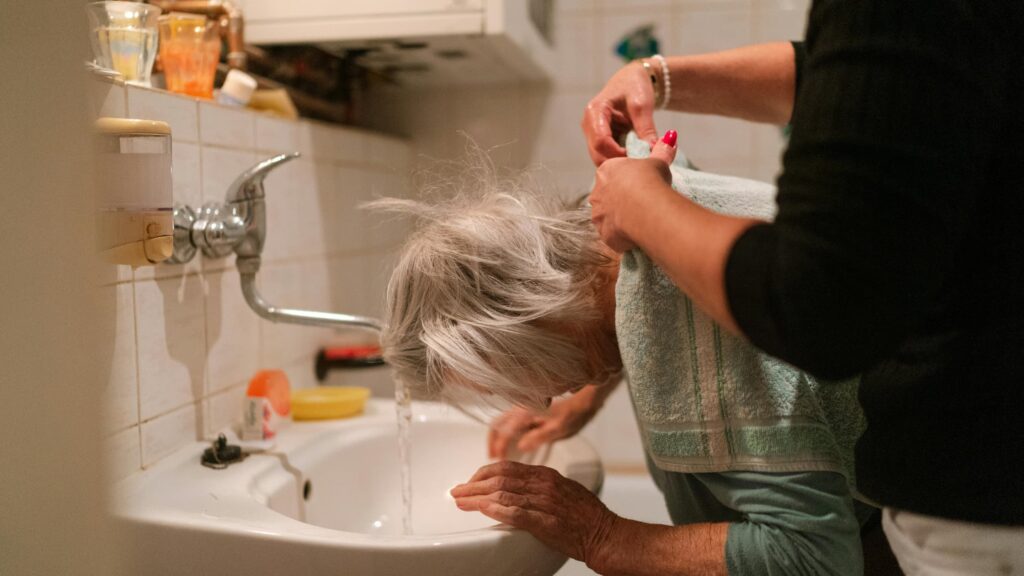What Does Home Care Actually Include? A Guide for Families Exploring In-Home Support

When a senior loved one starts to need extra help at home, one of the first things families might do is look into home care services. But, what does home care actually include? The answer may depend on the provider and the level of support needed. However, home care is flexible and offers compassionate solutions designed to keep individuals safe and comfortable in their own homes.
Whether you’re planning ahead or responding to a loved one’s recent health change, knowing the components of home care can help you make an informed decision.
Non-Medical vs. Medical Home Care: What’s the Difference?
Let’s start with the basics. Home care typically offers non-medical support, helping with daily activities that do not require a licensed nurse or therapist. This is different from home health care, which involves skilled nursing or rehabilitation services ordered by a doctor.
In most cases, home care is provided by trained caregivers and is ideal for those who:
- Need help with personal care tasks like bathing or dressing
- Struggle with household chores
- Want companionship and regular social interaction
To see what the right fit is for you or your loved one, make sure to read our guide on how to pick the right in-home care service.
What Services Are Included in Home Care for Seniors?
Here’s a closer look at what home care usually includes:
1. Personal Care Assistance
This includes hands-on help with activities of daily living (ADLs), such as:
- Bathing and grooming
- Dressing and undressing
- Mobility and transferring (getting in and out of bed or chairs)
- Toileting care
- Feeding assistance

These services help prevent falls, infections, and other serious health issues.
2. Light Housekeeping
Caregivers typically help with household chores to maintain a safe and clean environment:
- Laundry and linen changes
- Sweeping, vacuuming, and dusting
- Dishwashing
- Taking out the trash
3. Meal Preparation
Having a healthy diet plays an important role in aging well. Caregivers can:
- Prepare simple, healthy meals tailored to dietary needs
- Help with grocery shopping
- Monitor food intake

4. Medication Reminders
Caregivers typically cannot administer medications unless they are certified to do so. However, they can help seniors stay on schedule with reminders. This is especially important to those managing multiple prescriptions.
5. Companionship and Emotional Support
The most valuable part of home care can sometimes be the human connection. Caregivers offer:
- Conversation and emotional support
- Engagement in activities and hobbies
- Transportation to appointments or social events

According to the NIH, social isolation in older adults can pose health risks. Regular social interaction provided by caregiving services can help lower these risks in seniors.
Flexible, Person-Centered Care
One of the best things about home care is that it’s completely customizable and tailored to fit an individual’s needs. Some may only need help for just a few hours a week, while others might benefit from daily or even 24 hour care.
Whether it’s post-surgery support or ongoing dementia care, home care can be altered to fit changing needs.
Final Thoughts
Home care includes way more than people realize. It’s about supporting the whole person physically, emotionally, and socially in the comfort of their own home. Whether your loved one needs help getting dressed, preparing meals, or simply someone to talk to, the right home care provider can make all the difference.
If you’re still confused about how home care can help you or your loved one, contact us for a FREE assessment.



